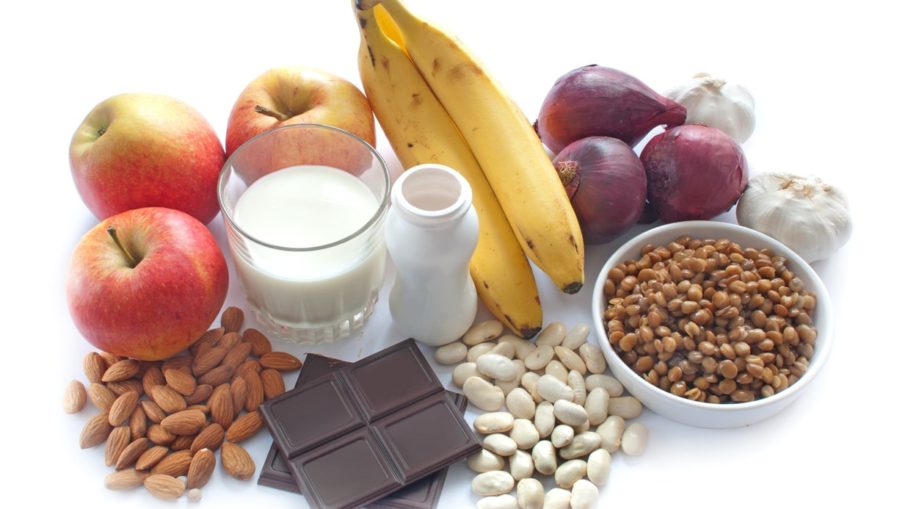Hey guys, here is hooking you up with another interesting one our health and lifestyle segment today. We are talking foods you should avoid while on medication. Sometimes you wonder why you are becoming treatment-resistant because your condition does not respond to a prescription medication as expected. Sometimes you wonder why medication works partially or not at all. This is not to doubt the effectiveness of such medication.
Ideally, a pill is absorbed into the blood through the stomach walls after it is swallowed and becomes active in a few minutes say within an hour or two to reach the highest concentration in the blood depending on the way it is taken. But sometimes we want to see the work almost immediately is taken orally. Some would even say I prefer injection to taking medicine because injection works instantly. Whether injections work better than oral medications, it dependson the chemical properties of that particular medicine or vice-versa.
Medications may not work properly if you are not taking medications exactly as directed, it could even be your lifestyle habits interfering with medications or when your diet interfere. Let be honest with ourselves, how many of us follow prescription in this part of the world? I am guilty of this. Blackboy MCM is guilty of this too, you are also guilty. This is quite bad and not acceptable at all. Normally every medicine, to my understanding, is meant to be taken based on prescription. However, these four are some of the foods to avoid when you are taking medicines according to research
Grapefruit juice:Grapefruit juice blocks the action of enzymes in the intestines that metabolize many drugs. It contain an active component that produces this effect. So it said to be avoided during treatment with a number of heart medicines, including calcium channel blockers, such as felodipine (Plendil), nisoldipine (Sular), and nifedipine (Procardia.) Drugs acting on the immune system, like cyclosporine (Sandimmune and Neoral) etc. They are affected by grapefruit juice.
High fiber foods: such as cereals, wholewheat pasta, wholegrain bread and oats, pears, melon and oranges.broccoli, carrots, beans, Potatoes etc.They affect some antibiotics, such as penicillin. Since fiber slows the rate that the stomach empties, the rate of medication absorption is slowed as well, giving you a lower blood dose than expected.
You just may never know that what you eat either just before or immediately after you take that pill(s) could be impeding on the effectiveness of the medicines. This is why it is stated during prescription that certain medicines should be takenbefore, during, or after meals or taken on an empty stomach (one hour before eating or 2 hours after).
Alcohol: It affects antidepressants, antihistamines, sleeping pills, sedatives, and some antibiotics. Wehdone sir for taking medicine with alcoholic drinks. You are killing yourself slowly. Don’t mix medicine into hot drinks, because the heat from the drink may destroy the effectiveness of the drug.Take medicine with a full glass of water.
Always follow your doctor’s or pharmacist’s instructions. For instance, he or she may tell you to take a medicine with food to help lessen the stomach upset it can cause or instead to take the medicine on an empty stomach so as not to interfere with the medicine’s absorption into your body.
Bananas: Don’t eat them if you take ACE inhibitors such as captopril, enalapril and fosinopril among others. ACE inhibitors lower blood pressure and treat heart failure by opening up blood vessels, so blood flows more efficiently.
Why not? Bananas (as well as oranges, leafy greens and certain salt substitutes) are high in potassium. Too much potassium can cause an irregular heartbeat and heart palpitations. Avoid eating large amounts of foods high in potassium if you’re on ACE inhibitors, and tell your doctor if you’re taking potassium supplements or diuretics.
Please talk to your doctor should you notice any changes during the intake of your medication.



